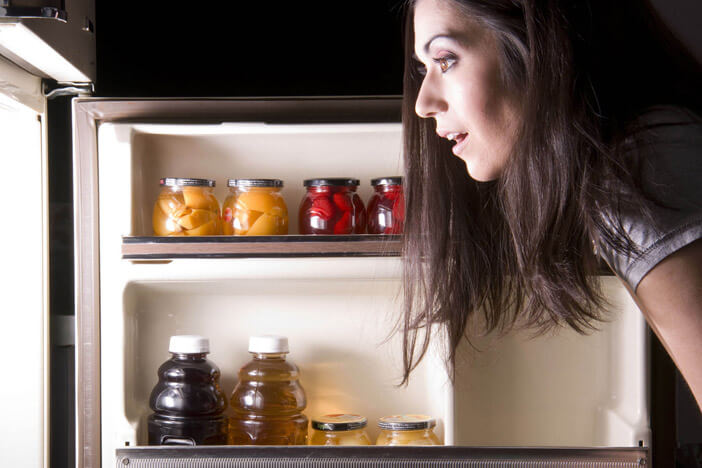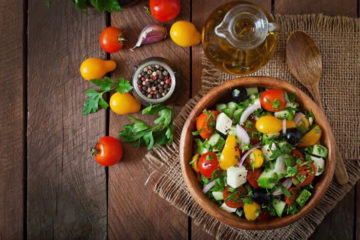Does frozen food belong in your diet? Read on to find out why frozen foods are so often underestimated

Is frozen food healthy?
Frozen food does not have a good reputation. We mostly associate it with foods like frozen pizzas. But this does a great disservice to other healthier frozen foods. Learn more about why healthy frozen foods and freezing leftovers can be helpful for your dietary change.
How is frozen food produced?
Frozen goods describes an industrial processing of food. The production of frozen goods is subject to strict quality controls. According to UK standards, the temperature of frozen goods must not rise above -18°C to guarantee that nutrients and vitamins are not lost. (With our BMI calculator you can also easily calculate your nutrient requirements). Furthermore, there must be no contamination from harmful substances. During the freezing process it is particularly important that absolute crystallisation of the product is carried out quickly and uniformly. When using frozen vegetables, it is important to take the frozen food out of the freezer and put the rest back as soon as possible to prevent it from thawing. Thawing and refreezing can lead to a loss of vitamins and nutrients. If you want to prepare frozen vegetables, simply follow the recommended preparation method on the pack. As a rule, gentle warming is necessary. After that, the preparation does not differ much from fresh food.
Advantages of frozen goods for your change of diet
Particularly with regard to nutrients and vitamins, frozen foods have clear advantages over those stored at room temperature. Experts agree that 80% of the vitamins and nutrients are retained in the freezer for up to 6 months. When stored at room temperature, vegetables, fruit and other foods lose over 50% of their micronutrients within a few days. Therefore, for those on a budget, we recommend buying frozen versions of fruit and vegetables such as raspberries or broccoli. It is also helpful to freeze leftovers. If you use half a courgette in a dish and do not use the other half the very next day, it is a good idea to freeze it. You save money and avoid throwing away food.
Another advantage of frozen vegetables is that they are usually frozen whilst in season. You do not have to give up your favourite recipes, even in winter. In addition, the use of preservatives for a longer shelf life is avoided during freezing. This goes in hand in hand with the values that we, at Upfit, consider important for your diet change.
Recommendations from the Upfit editors
We recommend that you try buying some of these foods in frozen form. You will save money, time and enjoy the full portion of vitamins and nutrients from your freezer! Returning to the question: can frozen food be as healthy as fresh food? Definitely! Nevertheless, you should still attach great importance to eating a balanced and varied diet.
- Salmon
- Prawns
- Pork tenderloin
- Spinach
- Green beans
- Broccoli
- Blueberries
- Raspberries
- Spices (basil, chives, Italian spices, etc.)
Create your personalized Upfit nutrition plan for your dietary change today!


